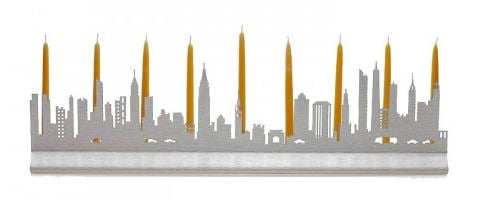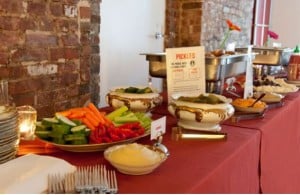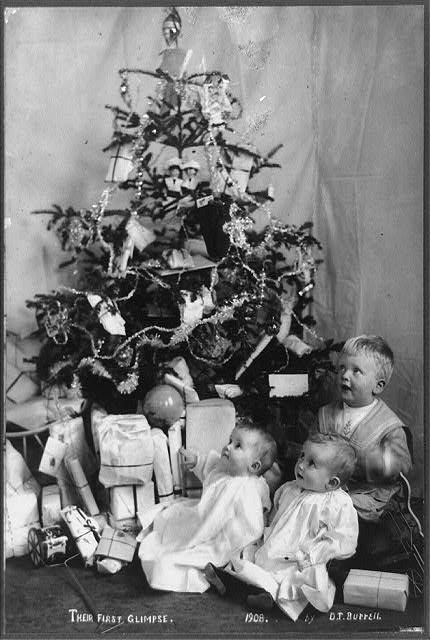Blog Archive
Your New Holiday Tradition at The Tenement Museum
Nothing brings out the Traditionalist in us all like the holiday season. Whether you attend special religious services, visit with family, or gorge on candy while watching A Muppet Christmas Carol on the couch (like me), each holiday tradition is special in its own way. Today’s holiday traditions are deeply rooted in a shared history, but what about to those traditions that have fallen by the wayside of history? Lest we forget them in this time of love and joy!
The holiday that dominates much of American culture is Christmas, the Christian celebration of the birth of Jesus of Nazareth. Many modern Christmas traditions stem from pre-Christian Europe where people celebrated the Winter Solstice, or the longest night of the year, on December 21st. Ancient Scandinavian people, the Norse, celebrated this date by bringing home huge logs and setting them on fire which could burn for up to 12 days. They called this holiday Yule. Today we simply turn on the repetitive fireplace channel instead of actually lighting up a Yule log, and this tradition burned out.
Believe it or not, in the Middle Ages, Christmas celebrations consisted of religious services and then a Mardi Gras-like party full of drunken revelry! The revelers would often crown a ‘lord of misrule’ and surround the houses of wealthy landowners, demanding the finest food and drink. If the landowners did not comply, the partiers would play pranks and vandalize their homes. And you thought Aunt Linda having too much wine at dinner was bad! Thankfully, this tradition passed out by the 17th century.

This festive Manhattan Menorah could be another new holiday tradition. Bring this home from the Tenement Museum Shop.
Chanukah, or the Festival of Lights, is an 8-day Jewish holiday that commemorates the rededication of the Second Temple of Jerusalem. Famous traditions of Chanukah include playing dreidel, lighting the menorah at night, and eating lots of fried goodies (the best tradition in my opinion). But some Chanukah traditions aren’t actually traditional!
For example, Chanukah was never traditionally a gift-giving holiday, but American Jews incorporated a bit of Christmas into Chanukah and now many Jewish families exchange gifts on one or all 8 nights of the holiday. Some families even have a ‘Chanukah bush’ in their homes; a sort of Jewish Christmas tree! (If you participate in Chanukah gift-giving, don’t forget to check out the Tenement Museum’s new online shop for books, toys, and accessories that all make great gifts.)
Even before Roman Emperor Julius Ceasar declared in 46 BCE that January 1st would be the first day of his new Julian calendar, people all over the world celebrated New Year’s Eve and New Year’s Day, often times during the spring equinox. It wasn’t until 1582 when Pope Gregory officially restated January 1stas the first day of the year, and the party really got started.
Cultures all across the world have special foods that symbolize good fortune in the New Year – grapes in Spain, round cakes in Greece, and black-eyed peas and collard greens in the American South – but some of the stranger customs for ringing in the New Year have fallen out of favor. Thankfully, a Scottish tradition of lighting balls of rags on fire and carrying them around on poles isn’t as popular as it was 400 years ago. In Medieval Europe, (when the New Year was technically celebrated on March 25th) January 1st was called “The Feast of Fools,” a holiday celebrated with heavy drinking, gambling and cross-dressing! Perhaps that tradition hasn’t changed that much…
No matter how you celebrate winter’s holidays, the traditions that we hold dear all serve the same purpose – to spend time with friends and loved ones – and that’s the best part about the holidays!
If you are looking for the perfect place to host your family or office Holiday party, the Tenement Museum is here to help! Contact Elizabeth Tietjen at [email protected] or 646-795-4744 for more information!
– Posted by Lib Tietjen

